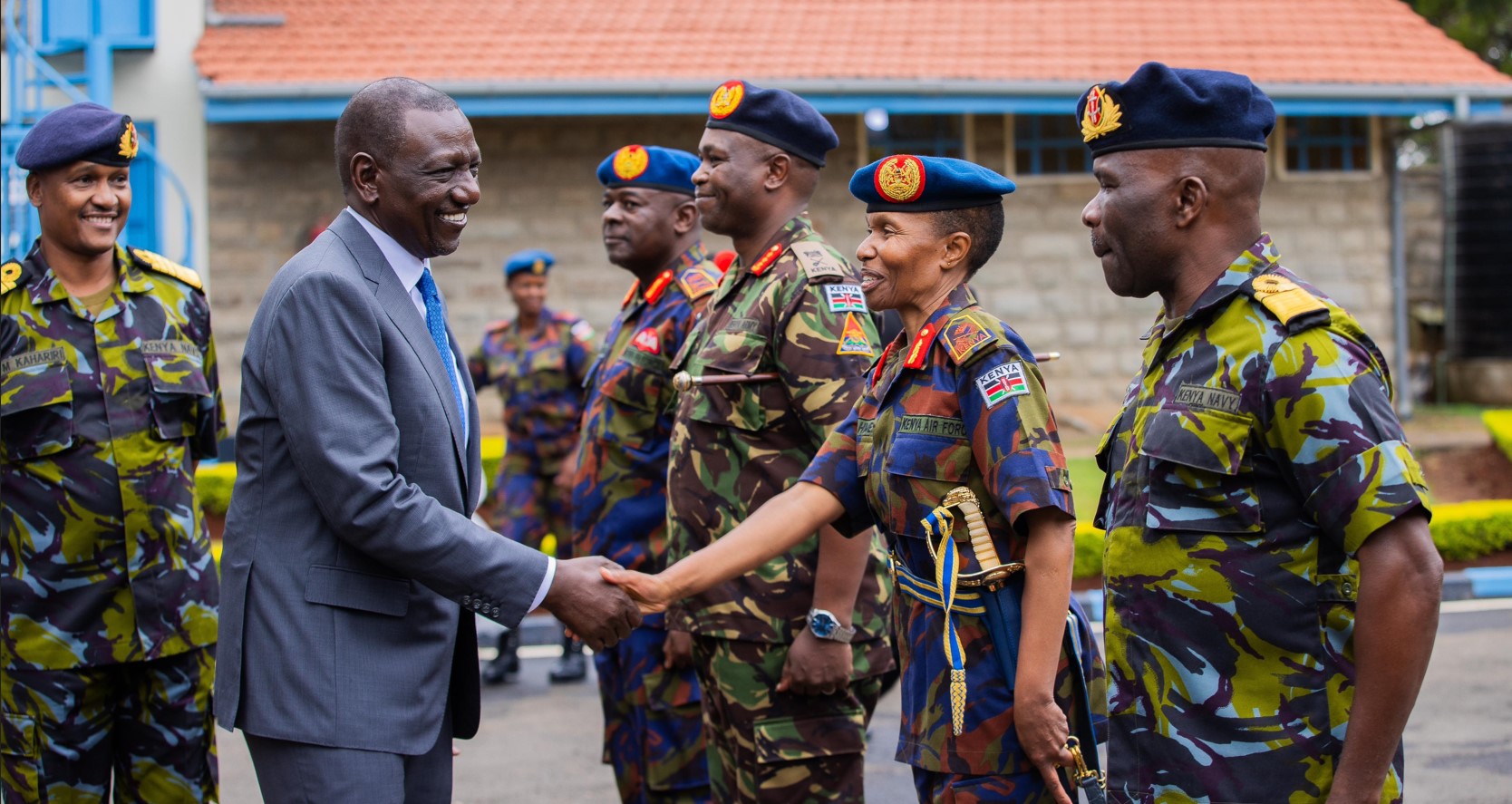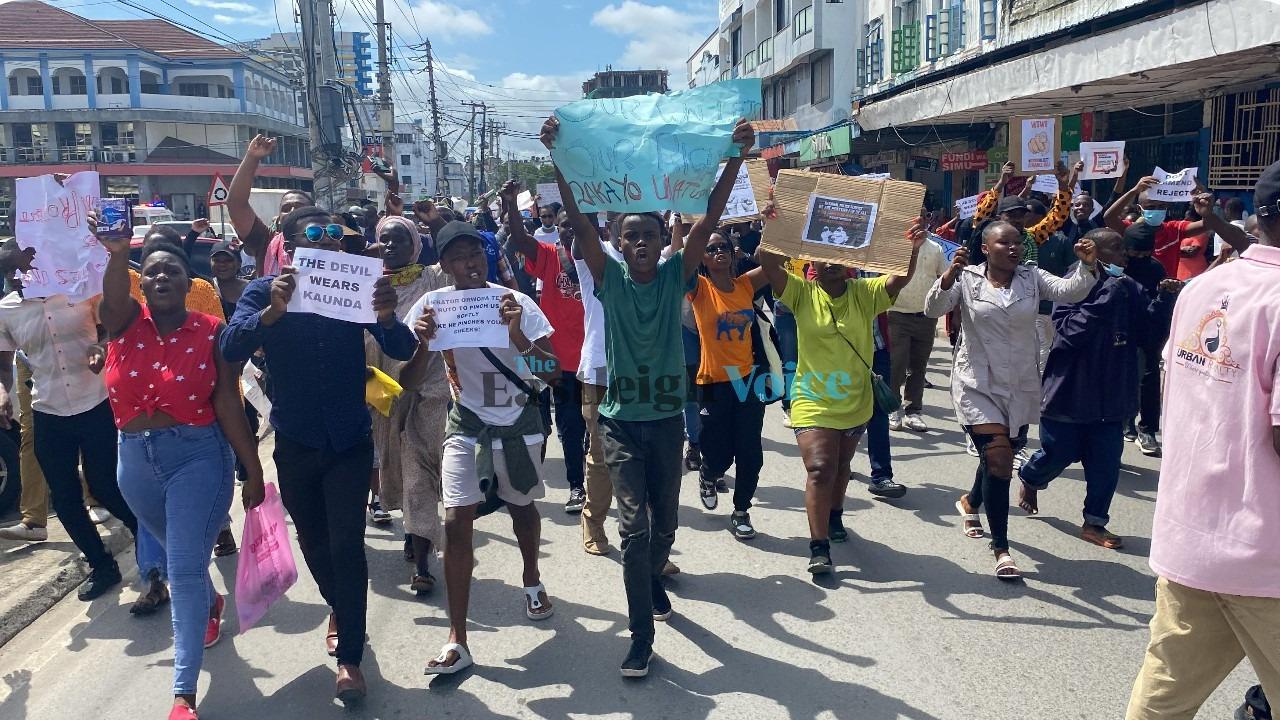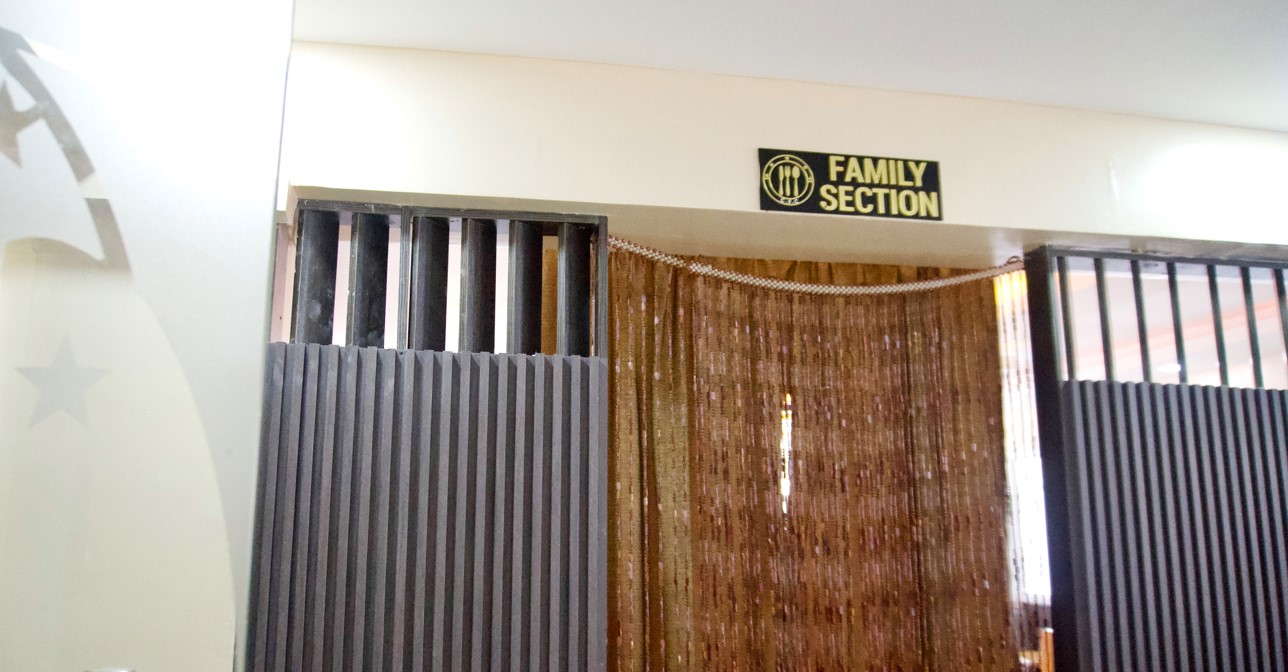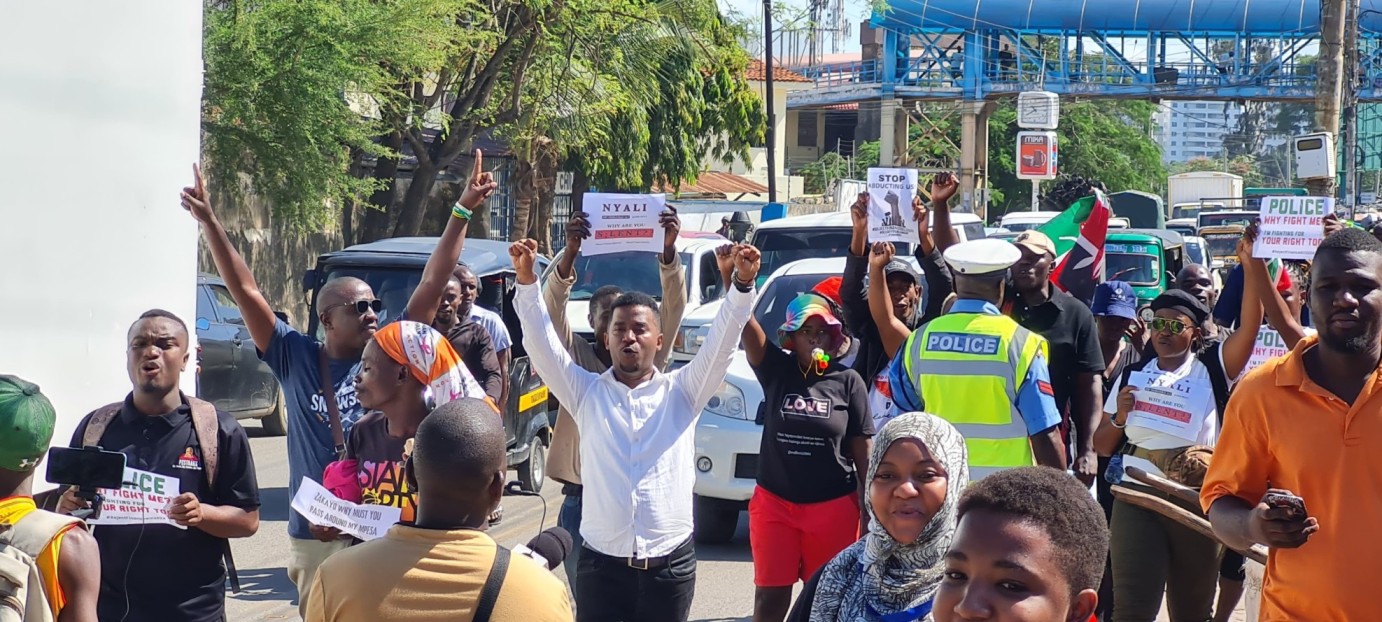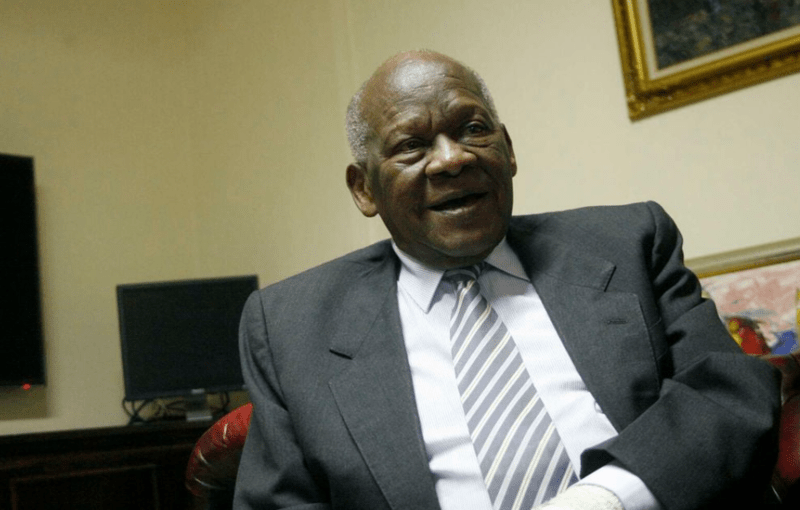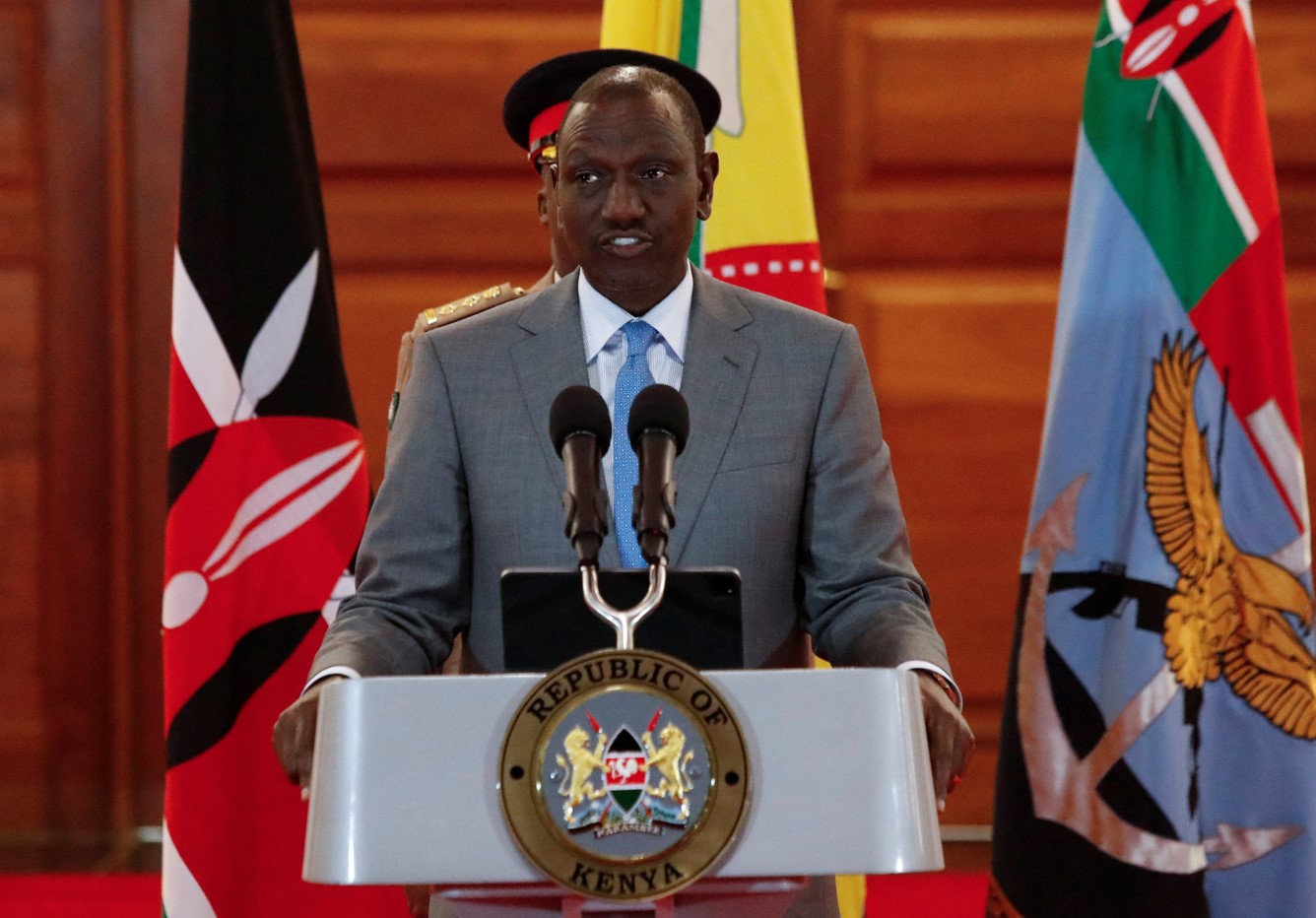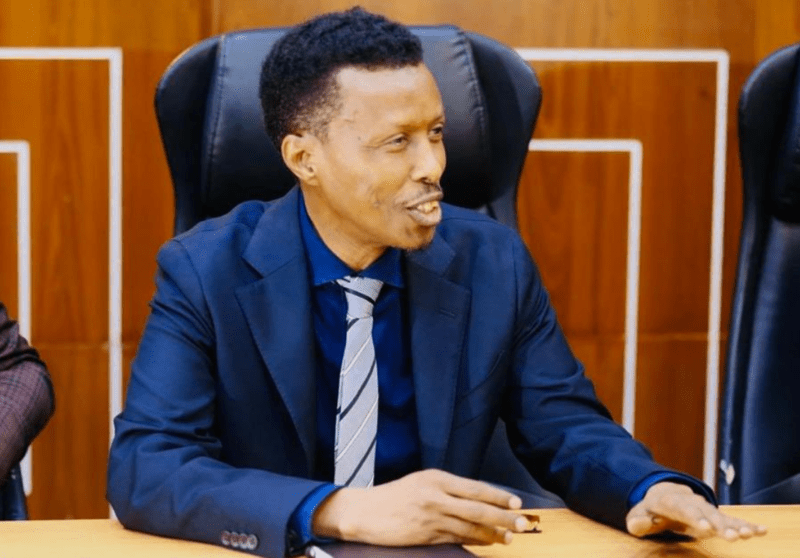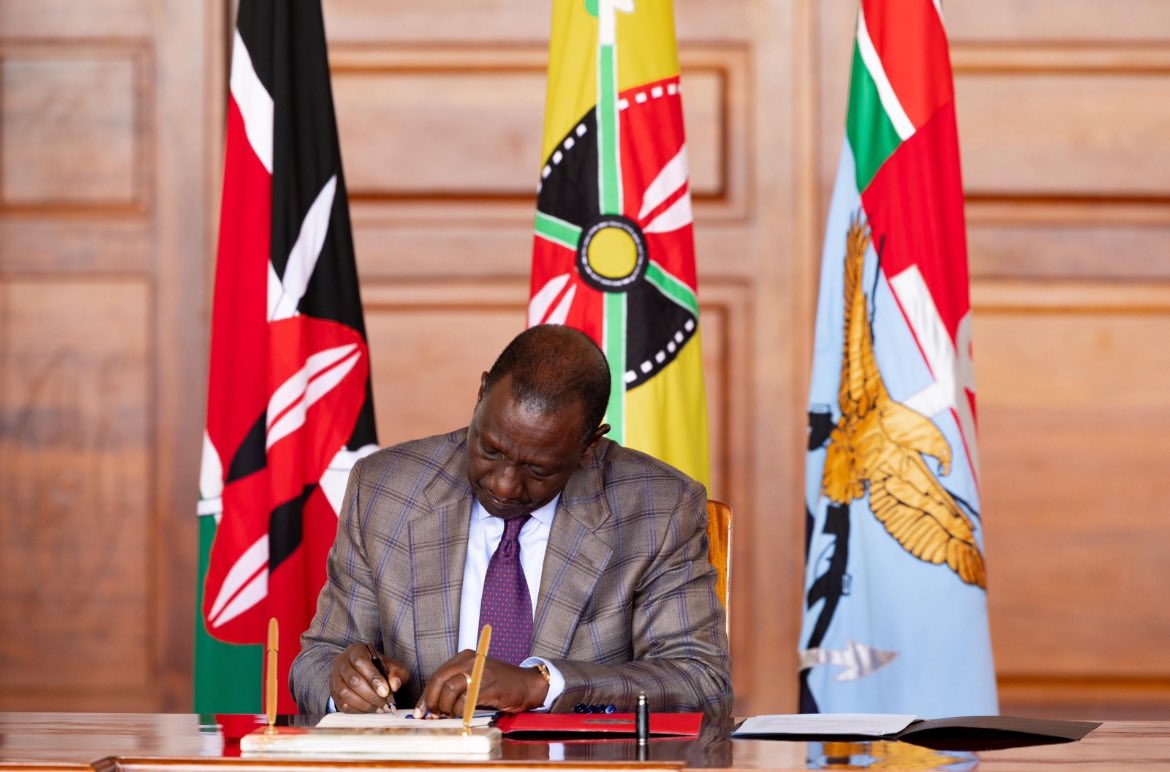UNHCR chief lauds Kenya's commitment to hosting refugees despite heavy costs
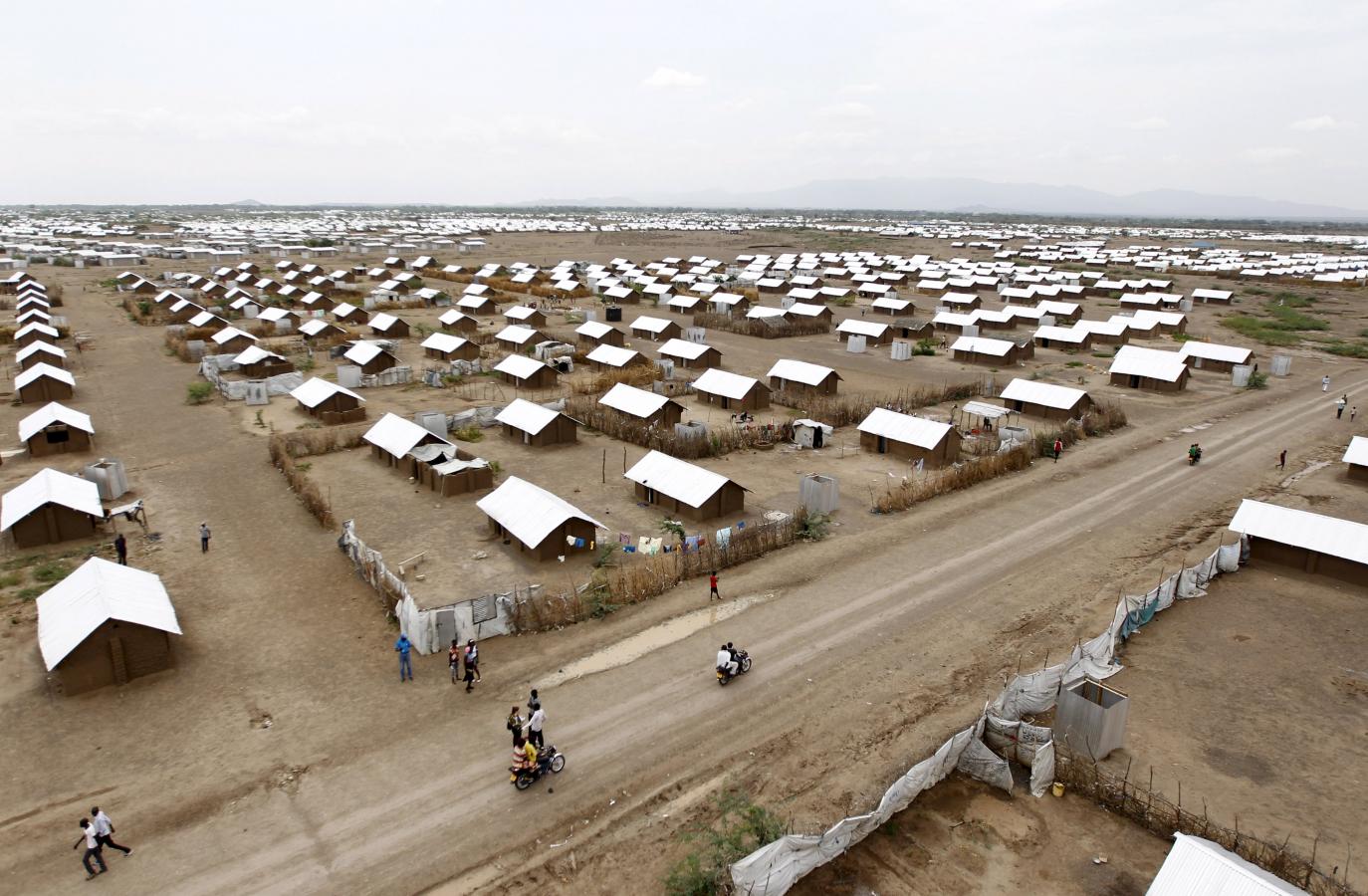
By Charity Kilei |
As of December 31, 2023, Kenya had hosted a total of 577,492 people, 506,715 (88 per cent) of them being refugees and 70,777 (12 per cent) being asylum-seekers.
The United Nations High Commissioner for Refugees (UNHCR), Filippo Grandi, has praised Kenya's commitment to hosting refugees, acknowledging that "it comes at a cost"
“It is important for me to thank you, Kenya, for your generosity in hosting refugees decade after decade ... and it is important to thank all other host countries and communities in Africa and beyond," he said in an address at the University of Nairobi on Monday.
Keep reading
Grandi highlighted the significant pressures on Kenya's infrastructure, public services, and institutions due to hosting refugees, citing his recent visits to Sudan and South Sudan, where he witnessed both the generosity of host communities and the strains they face due to the volatility of funding.
“We have seen these dynamics, if I may say, play out here in Kenya too. In Dadaab, for example, a protracted refugee situation has been addressed through 'care and maintenance' literally for decades, resulting in misery for refugees, tensions with host communities, and insecurity for all. This is when refugees become a true burden on the host nation. This is when, also, some of the displaced decide to move on and create those complex movements.”
Grandi reported that in the last three years, the UNHCR has declared 118 emergencies globally, equating this to an emergency arising approximately every 10 days.
The response to these crises has necessitated the establishment of infrastructure in areas with minimal existing facilities, such as clinics, schools, and latrines. As the initial emergency phase progresses, some of these initiatives will become permanent fixtures.
Over half of the 120 million displaced individuals referenced earlier have been displaced for five years or longer.
He pointed out that, despite these challenges; Kenya has shown resilience and solidarity in hosting refugees over the decades.
Realistic approaches
Grandi stressed the need for realistic approaches to forced displacement, urging the international community to recognise the contributions of countries like Kenya and provide sustained support for both refugees and their host communities.
“We started to promote this shift a few years ago. We agreed with some of the governments hosting large numbers of refugees that rather than creating parallel systems, we should invest in inclusion - including refugees or internally displaced people in national and local services like health and education, including them in economic terms by allowing them to work, to produce, and to contribute, giving them the necessary legal status to achieve this,” he said.
Recent years have highlighted the importance of early collaboration between humanitarian and development stakeholders. Governments are encouraged to lead, ensuring the active participation of forcibly displaced individuals and their host communities.
The UN official noted that only a humanitarian approach is insufficient and that the key to effective solutions lies in fostering closer integration between host communities and displaced populations.
He encouraged stakeholders in Kenya to continue advocating for these inclusive approaches and emphasised the importance of international cooperation in addressing the global challenge of forced displacement.
Underlying issues
Grandi further stressed the need to provide a solution, failing which refugees are exposed to criminal networks.
“People do not flee their homes in a vacuum. Allow conflicts to fester, and forced displacement rises. Do nothing about climate change, and forced displacement will rise. Condemn refugees to destitution, and they will remain refugees for longer. Deny them safety and opportunities, and criminal networks will lose no time filling the void,” he explained.
According to the UNHCR Global Trends Report of 2023, released in May 2024, the global number of displaced individuals has exceeded 120 million. This includes people who have been forcibly displaced due to persecution, conflict, violence, and human rights violations—a figure that has increased by 8 per cent since 2022 and more than doubled over the past decade.
As of December 31, 2023, Kenya had hosted a total of 577,492 people, 506,715 (88 per cent) of them being refugees and 70,777 (12 per cent) being asylum-seekers.
This marks an increase of 3,984 individuals compared to December 2022, when the total population was 573,508. The rise is primarily attributed to new arrivals from South Sudan, Burundi, the Democratic Republic of the Congo, Ethiopia, and Somalia.
As of January 31, 2023, the population in Dadaab numbered 339,108 individuals or 70,766 families.
Among these, 233,828 individuals (45,338 households) are registered or documented, while 105,280 individuals (25,428 households) are awaiting registration under the Department of Refugee Services (DRS).



